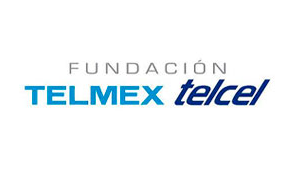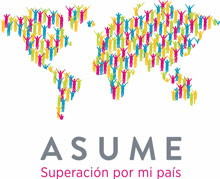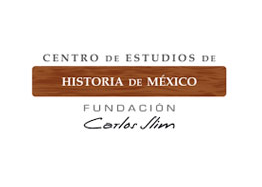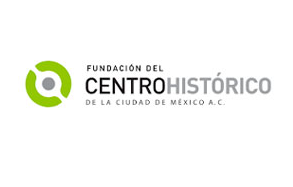Carlos Slim Foundation at the 7th International Conference on Global Health
Carlos Slim Foundation (CSF) participated in the 7th International Conference on Global Health, held in Miami, Florida, March 7-9.
Dr. Tapia-Conyer, CSF General Director, was invited to give a conference called ‘Impact of Climate Change on Public Health’, which addressed important issues such as the increase in global temperature in the last 30 years mainly due to the action of human activities that favor the release of greenhouse gases into the atmosphere.
The effects of climate change are global, reaching all living organisms. The vicious cycle of extreme weather, sea level rise, temperatures increase and carbon dioxide levels intensification negatively affect all aspects of human life, and health is no exception.
Possible consequences of climate change on health:
- Increased respiratory diseases and allergies due to air pollution and longer exposure to allergens.
- Climate-related stress favours chronic diseases and complications.
- Modification of geographical and temporal patterns of infectious diseases.
- Food security is compromised as a result of reductions in crops, fish production and low nutritional values.
Changes in geography will force human migration, causing overcrowding and resources depletion.
This scenario of multiple threats to public health needs to be addressed in a comprehensive and scientific way, in order to be prepared and mitigate the negative impacts.
Although still potentially manageable, projections of climate change for the end of the 21st century, based on current trends, are worrying and will jeopardize the delicate balance of health across the globe.
The purpose of the 7th Conference was to present, analyze and discuss risks and scientific progress on key global health matters and the serious threat of emerging diseases. This includes new research approaches and innovative scientific and technological solutions against global threats.
The 2017 Conference addressed priorities in global health, climate change and health, dengue, the outbreak of Zika in the Americas and its association with an outbreak of microcephaly, the threat of antimicrobial-drug resistance, the impact of the vaccine against the Human Papilloma Virus (HPV), health of immigrant populations, as well as new threats to public health.
The Conference was attended by 80 participants from 20 countries, including the United States, France, Latin America and the Caribbean. These include high-level representatives from National Ministries of Health, presidents of the most relevant regional scientific associations, experts from US Centers of Disease Control and Prevention (CDC), regional experts in public health, infectious diseases and public policy.









